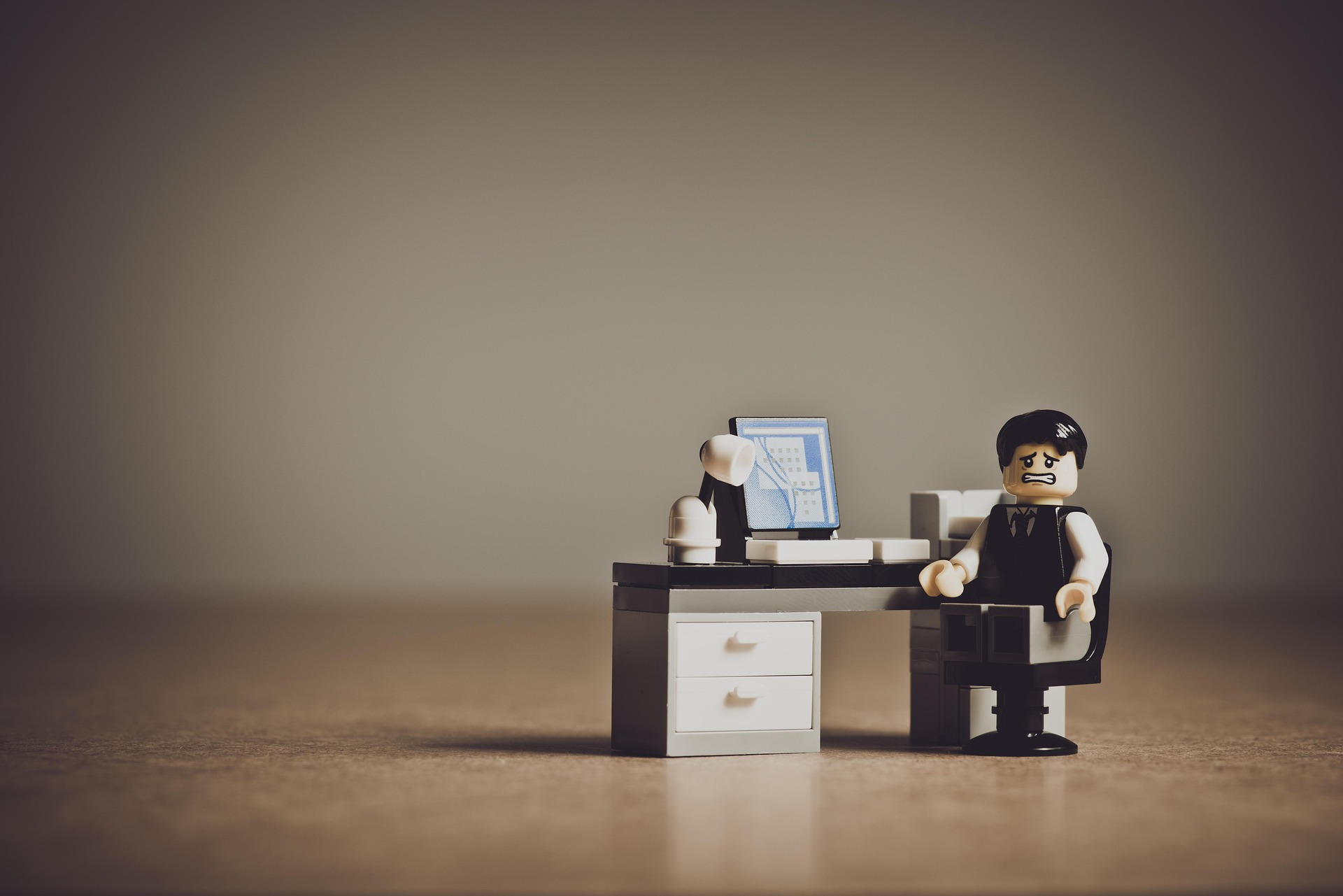As the UK braces itself for a heatwave this week, with temperatures possibly reaching up to 30°C – flexible office experts Office Freedom can reveal that UK workers still have no legal protection from extreme office temperatures, meaning millions could be sweating it out with no reprieve.
Despite rising climate concerns and warmer summers, employers are under no legal obligation to keep office temperatures below a certain level. In fact, the law only requires workplaces to maintain a “reasonable” temperature, a vague standard set out in the Workplace (Health, Safety and Welfare) Regulations 1992.
While 16°C is widely considered the lower limit for a comfortable office, there’s no official upper limit – meaning bosses aren’t breaking the law if staff are left melting at their desks.
Psychologist Darren Stanton, who said: “People’s reactions to the weather are often driven by light levels, which directly impact our mood. Sunlight boosts the production of serotonin – the feel-good hormone – but excessive heat can have the opposite effect, leading to irritability, fatigue, difficulty concentrating, and brain fog.”
“In hot weather, it’s common for motivation and energy levels to drop. To stay mentally balanced, it’s important to stay hydrated, use fans or cooling devices, and take regular breaks, ideally stepping outside for fresh air or shade. Maintaining a routine and staying socially connected can also help ease the emotional and physical strain of extreme heat.”
With temperatures pushing 30°C, experts are urging employers to prioritise staff wellbeing and take common-sense steps to keep workplaces safe and comfortable – from providing fans and cold water to allowing flexible start times or even remote working during peak heat.
Richard Smith, founder and CEO of Office Freedom, commented: “When the mercury rises, employers need to think beyond the legal bare minimum. No one should be expected to sit through a heatwave in an office that feels like a sauna.
“Simple things like ensuring good ventilation, offering cold drinks, and letting people adjust their hours can make a huge difference. If staff are too hot, they’re uncomfortable, unproductive, and at risk of heat-related stress — that’s bad for them and bad for business.”







